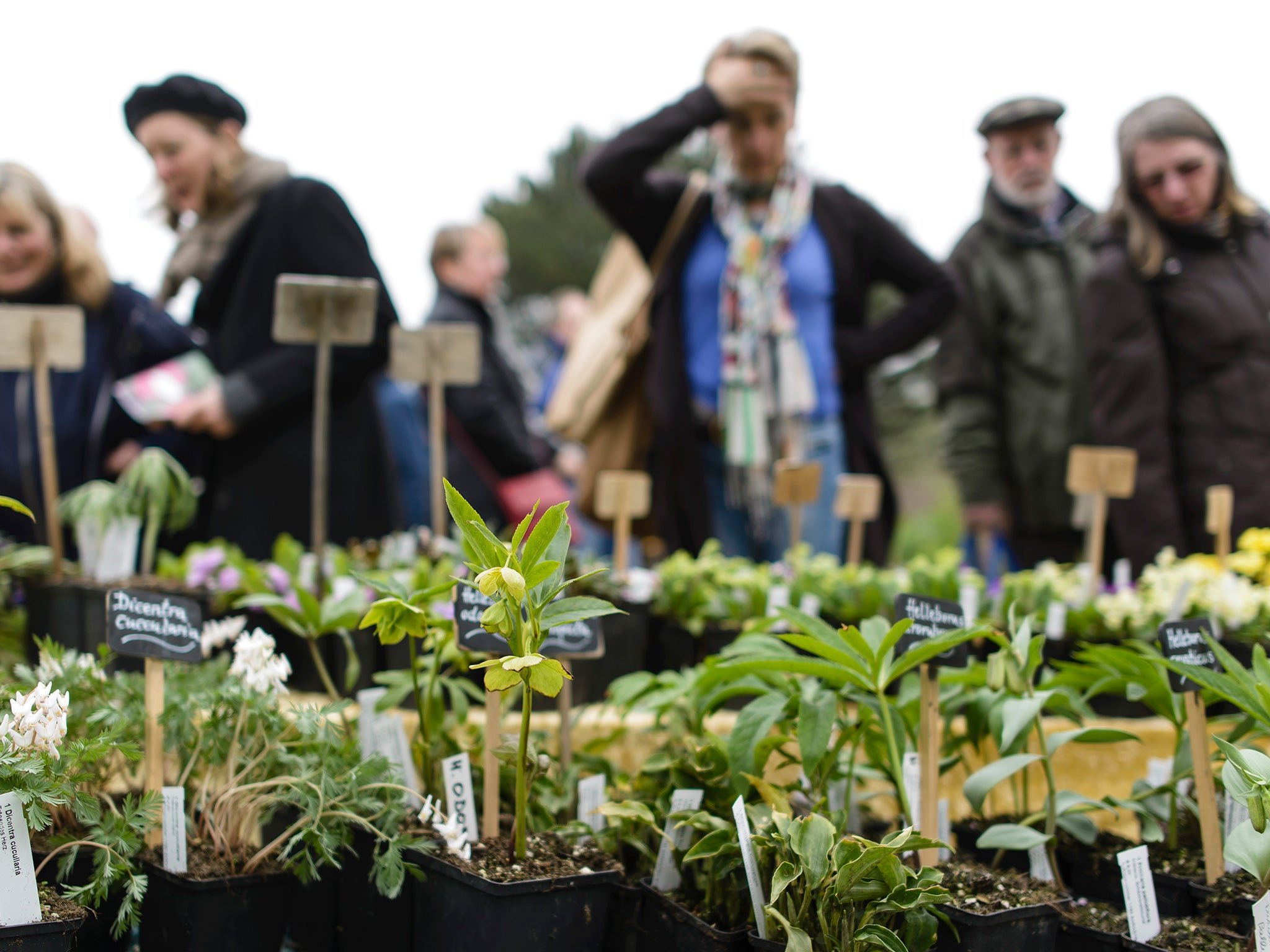More than half of the world's plants 'are wrongly named'
Researchers also discovered that two specimens from the same plant are often recorded differently

In an embarrassing finding for a profession which is allegedly based on fact, more than half the world’s natural history specimens may be wrongly named, according to British scientists.
The sheer amount of samples being collected is outpacing the number of experts who can accurately record them, according to researchers at the University of Oxford and the Royal Botanic Garden Edinburgh.
They examined 4,500 specimens of the African ginger genus Aframomum, from 40 collections in 21 countries, using a monographic study completed last year as a reference.
“The team were surprised to find that prior to this monograph at least 58% of specimens were either misidentified, given an outdated or redundant name, or only identified to the genus or family,” according to the research, published in Current Biology Magazine.
“As few plant groups have been recently monographed, the team suggests that a similar percentage of wrong names might be expected in many other groups,” it adds.
Researchers also discovered that two specimens from the same plant are often recorded differently. An analysis of 21,075 samples of Dipterocarpaceae, a family of rainforest trees from Asia, found that a third (29 per cent) had different names in different collections.
Mistakes were also found within records kept online. An examination of 560 names associated with 49,500 specimens of Ipomoea – a genus which includes the sweet potato – revealed four out of ten were recorded as outdated synonyms rather than the current name. And around one in seven of the names were unrecognisable or wrong.
Mistaken identity is widespread in tropical plant collections, according to the study. “This finding has serious implications for the uncritical use of specimen data from natural history collections,” it warns.
There have been not enough revisions of the information which is available, which means “many specimens remain wrongly named, unrecognised and/or not determined for decades.”
Researchers from the University of Oxford and Royal Botanical Garden Edinburgh discovered that a species of African ginger was called the wrong name for more than half a century. Recorded as Aframomum alboviolaceum by scientists in 1945, researchers last year correctly identified it as Aframomum lutarium. And a new species discovered this year, Ipomoea lactifera, which is a wild relative of the sweet potato, had been previously incorrectly labelled in collections as a different species, Ipomoea umbraticola. In another case, researchers found a specimen of Ipomoea lactifera which did not even have a name recorded to it....
The world’s collections of tropical plant specimens have more than doubled in the last 45 years. And the “rate of increase in natural history collections across the world has greatly outpaced the ability to process, evaluate and name them correctly.”
The problem is not confined to tropical plants. “We assume that the pattern we document for flowering plants in this paper is also true and possibly worse for insects, given that the number of described insects is three times that of flowering plants.”
In some cases, personal differences between academics may have been at fault, according to researcher Zoe Goodwin, from the University of Oxford’s department of plant sciences. “There were a couple of specimens where you could see that two botanists clearly did not get on and over a period of a few months they angrily changed the names back and forth, and it looked like it was a bit personal between them,” she said. This is just one example of a wider problem. “We think a conservative estimate is that up to half the world’s natural history specimens could be incorrectly named,” commented Ms Goodwin.
Another of the researchers, Dr Robert Scotland, reader in systematic botany at the University of Oxford, warned: “Without accurate names on specimens, the records held in collections around the world would make no sense, as they don’t correspond to the reality outside.”
Join our commenting forum
Join thought-provoking conversations, follow other Independent readers and see their replies
0Comments